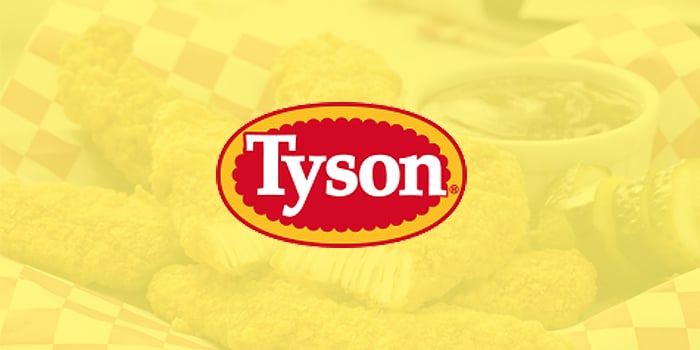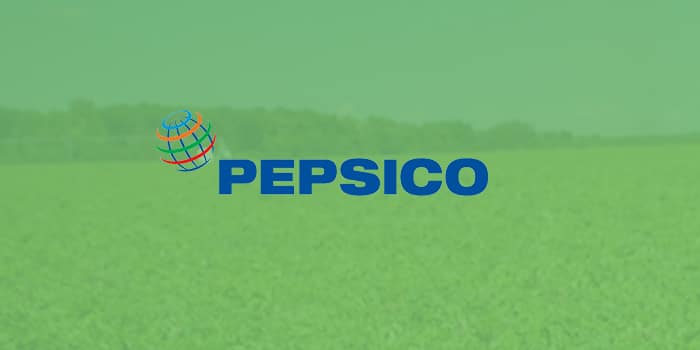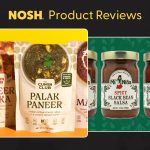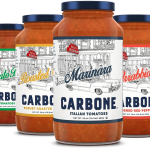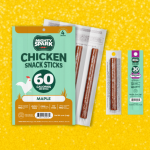CAGNY 2020: Big CPG Brands Talk Better-for-You Snacks, Protein-Powered Plans
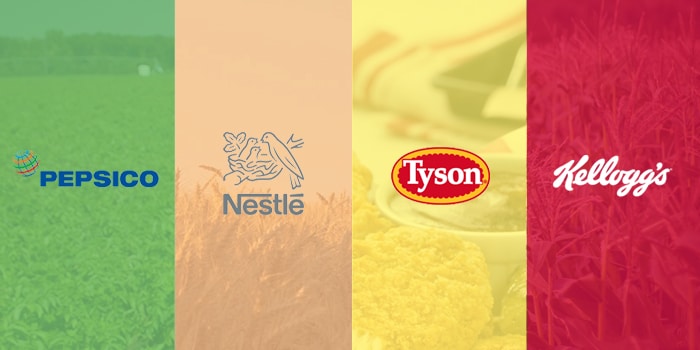
Rounding out the annual Consumer Analyst Group of New York (CAGNY) conference in Boca Raton, Florida this week, leading CPG companies reviewed 2019 results and future plans to power protein cravings through snacks and more meatless innovations.
Kellogg
In its presentation, Kellogg discussed its plans to move beyond the cereal bowl — including launches in the buzzy plant-based meat set.
Chairman and CEO Steve Cahillane, said the company “reaccelerated” meatless brand Morningstar Farms in 2019, and has further plans to extend offerings this year. Currently only sold in the freezer set, the brand will launch its first refrigerated product under new brand Incogmeato, with plant-based burgers debuting in March and sausages launching in June. While Kellogg’s frozen plant-based items saw high single-digit growth in recent quarters, Chris Hood, president of Kellogg’s North America, said Incogmeato should make finding meat alternatives even easier for consumers.
Snacks generated more than half of Kellogg’s net sales in 2019, and protein platform RXBar’s retail sales grew 5%. The company plans to expand RXBar’s kids’ bars and nut butters and launch new mini bars, leading to what should be a strong year for the brand, Hood said of the 2017 acquisition.
“We’ll invest more in RXBar but it’s worth it,” he said. “It has clean ingredients and high protein — right on trend.”
Back in the cereal aisle, 2019 also saw the company’s “biggest innovation year in a long time,” Hood said. Efforts to revive cereal included a pack size harmonization to allow for better cross promotions in stores, while the company also “stepped up” e-commerce efforts. However, U.S. retail sales for cereal still fell 0.9% from 2018. Moving forward, the company will aim to “elevate wellness credentials” on its cereals with clear callouts for protein, sugar and fiber on the packaging — an effort that has seen success in Canada, Hood noted. Bear Naked, which Hood said is the top granola brand in the U.S., will add new “premium” products to its lineup, which already includes grain and gluten-free options.
Overall, the company’s portfolio is in “much better shape” entering 2020, he noted.
Tyson
Tyson has big plans to grow beyond meat — including farther into plant-based meat and functional snacks.
In its presentation, CEO and president Noel White said while global protein demand is growing, the company saw $42.4 billion in sales last year, with one third from beef, one third from chicken and the remainder from prepared foods and international sales. But despite already having a “diverse product portfolio,” Tyson’s future includes tackling plant-based “in a big way,” White said. To do that, the company last month launched the Coalition for Sustainable Protein global protein coalition — utilizing the food and agricultural sectors in tandem, he noted.
To continue feeding protein cravings, “fresh, flexible, convenient” innovation is key, president Dean Banks said. For example, the company will extend its air-fried chicken line into snacking with two new items launching in July, with Banks noting 60% of consumers report actively eating protein throughout the day. Next, the company plans to position Jimmy Dean as a protein play, launching new egg bites.
Aside from protein, functional food is a “promising category” for the company, Banks said, with two thirds of consumers seeking functional benefits. The company last year launched functional bites brand Pact, featuring ingredients such as maca and collagen. The company’s innovation lab includes designers, chefs and supply chain experts to further build its functional set.
He further explained appealing to flexitarians via options that aren’t just one-to-one meat replacements. Its new platform, Raised and Rooted, launched in September with blended burgers and nuggets, but is “just the beginning,” Banks noted, as the company remains committed to capitalizing on plant-based interest.
PepsiCo
PepsiCo sees the next generation of snacking as a more nutritious one.
In its presentation, Hugh Johnston, vice chairman and CFO, said the company saw 4.5% organic revenue growth in 2019, with 54% of it from snacks. While 23 of PepsiCo’s brands generate over $1 billion each in annual retail sales, smaller brands, such as produce-focused snack brands Bare Foods and Off the Eaten Path, also showed significant growth, he said.
Moving forward, the company is taking cues from recent additions to its beverage lineup: namely, the success of Gatorade Zero and Pepsi Zero Sugar. Upcoming efforts for even “better” food products include line and flavor extensions for existing brands, he said, while the company is also working toward more than 75% of its food portfolio containing 1.3 mg of sodium or fewer per calorie by 2025, and more than 75% having 1.1 grams of saturated fat or fewer per calorie.
As e-commerce’s role in food shopping expands, Johnston noted that the impulse nature of in-store snack purchases versus online is not a concern.
“Through e-commerce, we can actually talk to an individual consumer much more directly,” he said. “We can actually much more effectively understand what your needs are and deliver basically advertising, pricing, product — some way to reach you to prompt that purchase.”
But not all health-focused plays have panned out: Quaker Oats’ oat beverage, launched in March 2019, was quickly discontinued in November.
“Repeats weren’t there, the product just didn’t sell through,” Johnston said. “Taking that money and redeploying that elsewhere within the Quaker portfolio where we know we’ve got some good growth tailwinds or we have some competitive opportunities we need to address, to me, is sort of a redeploy type of an example.”
Nestle
Nestle’s business saw strong financial results last year, with 3.5% organic growth and a 12.3% return on invested capital, EVP and CFO François-Xavier Roger said in his presentation. In 2019, the company sold its legacy ice cream business to Froneri, an ice cream-focused joint venture with Nestle and PE firm PAI Partners, while pushing premium innovation, with 26% of total sales from premium products versus 11% in 2012.
Much of that innovation includes “accelerating on key consumer trends,” like natural and organic, Roger said. The company’s plant-based innovations, which included the launch of Sweet Earth’s Awesome Burger, saw double digit growth and $200 million in sales. Although the company has played in the plant-based arena for a long time, there’s a “pent-up demand” for such products, he noted.
Aside from managing its own brands, the company is also seeking outside inspiration. Moving into 2020, Bahadur said the company will seek a “better balance between divestitures and acquisitions,” noting small and mid-sized brands are a “sweet spot for Nestle,” which prioritizes both a strategic and cultural fit and financial return for acquisitions, he said, which in the past year included more wellness and personalization-oriented companies.
“Mindset and thinking leads to a successful integration within Nestle,” he said.
